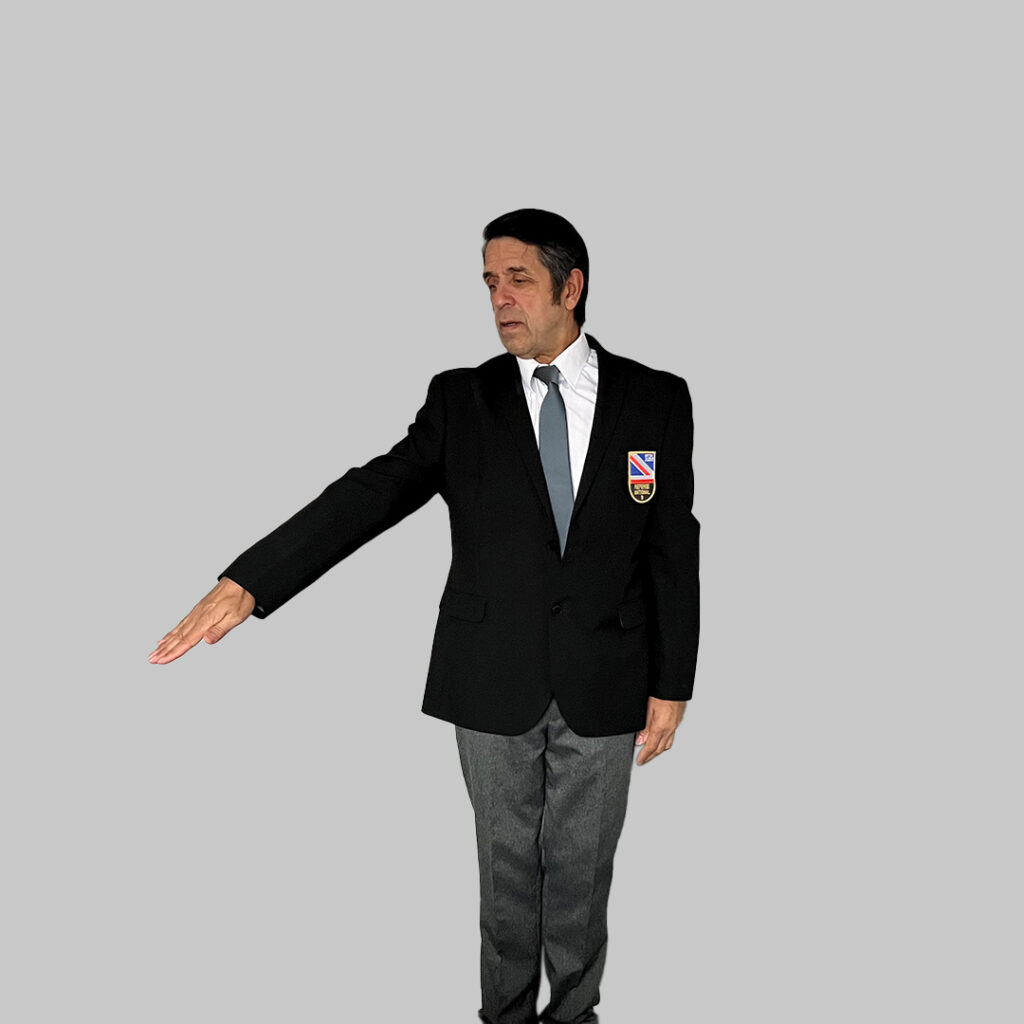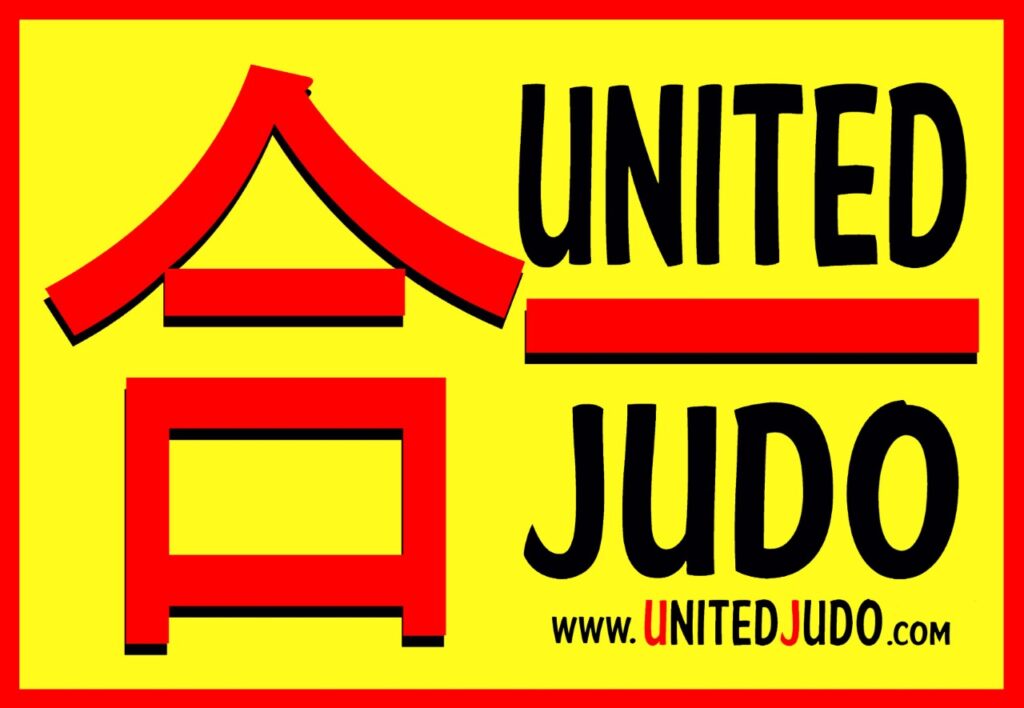Competitive knowledge
Welcome to our competitive knowledge page – your comprehensive guide to the silent language that speaks volumes on the judo mat! As a vital aspect of judo competitions, referee hand signals and terminology form the bridge between rules and action. This webpage is your go-to resource for understanding the nuanced gestures and words employed by referees to communicate decisions, warnings, and match dynamics. Whether you’re a judoka aiming for competition readiness or an avid spectator looking to decipher the intricacies of the sport, this page is designed to unravel the secrets behind the referee’s signals and words.
See below for more information…
Referee calls
Hajime
Begin
Matte
Wait
Sore-made
Time up
Hantei
Decision
Osae-komi
Hold down on
Toketa
Hold down broken
Sono-mama
Freeze
Yoshi
Continue
Ippon
Full Complete Score
Waza-ari
Technique Exists
Shido
Light penalty
Hansoku-make
Disqualification
Yusei-gachi
Win by superiority
Fusen-gachi
Win by default
Kiken-gachi
Win by withdrawal
Hiki-wake
Draw
Referee hand signals
Ippon
The referee will shout “Ippon” and hold their hand straight into the air if you have achieved the full complete score.

Waza-ari
The referee will shout “Waza-ari” and hold their arm straight to the side if they have achieved a half score within the competition.

Osae-komi
The referee will shout “Osae-komi” and hold their hand towards you if you are in a legitimate hold-down position. Hold it there!

British Judo Competition FAQs
To win you must achieve a full score by either getting a Ippon, two Waza-ari’s or lead with a score or a penalty advantage before the timer runs out. You can also win by submission or if the opponent receives three Shido (penalties), leading to a loss of fight.
In a Judo competition there is a average sized coloured mat space that the fight will take place. When a player or a players leave the area provided, the referee will pause the fight and bring you back into the middle. If a player intentionally pushes the other or walks out the area, they will receive a penalty.
Judo competitions work within a knock out or a point table basis. In knock out you would typically have to keep winning to achieve a medal with a maximum of two loses before you are knocked out. In a point scoring system you will need to win the fastest and with the greater score advantage – for example an Ippon is worth more than a Waza-ari.
In a typical competition there are one Gold, one Silver and two Bronze medals available to the best of the division.
In competitions there are typically weight groups, age bands and belt divisions. This safely splits up the competition into equal parts allowing everyone to join in with a safe environment.
There are also open weight contents available at various competitions throughout the year.
To join a Judo competition within the British Judo Association you will need the following: A valid BJA Licence, White Judo Suit, Drink, a White and Blue belt and your determination.
If you are over or under the weight you signed up for within a British Judo Association event you will usually be given the opportunity to move weight groups. According to current guidelines you have an allowance of 0.8kg above or below your weight group.
For example, if you are fighting in the Under 60kg mens category but you weigh 60.6kg you will be allowed to fight in the Under 60kg competition.
